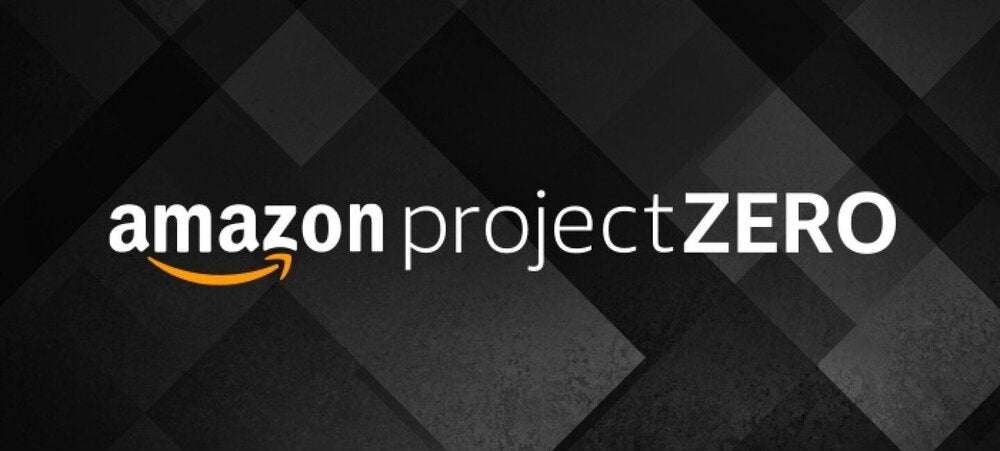Amazon is a vast marketplace where one product listing can be the entry point to multiple sellers: either the official brand owner, or resellers of that product. This strikes fear in the hearts of some brands who are used to primary control of their digital and physical shelf. No matter the size of the business, brands on Amazon can face stiff competition from re-sellers who disrupt the product detail page and customer shopping experience with lackluster (or worse, inaccurate!) information.
Luckily, Amazon has a program called Brand Registry that ensures only the registered brand owner can control the information on the product detail page. In this post, we’ll explain everything you need to know about Brand Registry so you can claim your brand’s PDPs, unlock new marketing opportunities, and grow your business.
What is Brand Registry?

Amazon’s Brand Registry program enables brand owners to have complete control over their listings and content on the product detail page, and it prevents resellers from changing any information. Brand Registry also protects the end purchasing experience for the customer by keeping detail pages best-in-class and removing any possible cases of infringement.
To be very clear, Brand Registry does NOT restrict sellers from listing and selling your brand’s product; it simply protects the listing information under the registered owner, so the customer sees the best information possible on the PDP when shopping for your product.
How to Enroll in Brand Registry

After securing a trademark, brand owners can login through their Amazon account and complete the registration process. They’ll need to provide brand names, relevant trademark information (logo files and registration details), product and packaging images, owned websites and social, and company information such as account details, identifier type (UPC, EAN, GTIN) and countries of manufacture.
It’s important to know that Brand Registry is not only for national brands and traditional manufacturers. For private brands or white label owners Brand Registry is an essential step to presenting the customer with best-in-class content and supporting business with additional marketing opportunities.
Benefits of Brand Registry

Control of the Brand Experience
For every seller on Amazon, listing content is the foundation of business. Inaccurate information can completely misrepresent a brand or product and lead to a terrible customer experience. Brand Registry grants brand owners control of the informational inputs on the PDP so they can maximize conversion potential and drive more sales.
Efficiency Through Reporting Tools
Through the portal, brand owners have access to deeper search and reporting, including notifications of Brand Registry infractions like unauthorized sellers’ use trademarked logos and content.
Proactive Brand Protection
Amazon uses information provided by the brand owners to prevent potential infringement and trademark issues and removes listings as follows:
- Product listings that aren’t for your brand and incorrectly use your trademarked terms in their titles
- Images that contain your logo, but are for products that don’t carry your brand name.
- Sellers shipping products from countries in which you do not manufacture or distribute your brand.
- Product listings being created with your brand name when you have already listed your full product catalog on Amazon
Dedicated Amazon Support Team
Amazon provides a dedicated global customer service team to assist brand owners with phone calls and help tickets created for infringement issues. The team is quick and usually responds on the same day.
Advertising and Branding Opportunities
The following marketing and advertising tools are only available for brand-registered owners: A+ Content, Brand Stores, Sponsored Brand tools, and Amazon Brand Analytics, a reporting tool that provides key insights such as top search terms, customer demographics, market basket analysis, and most-clicked products.
Who is Eligible for Brand Registry?

Amazon makes it easy for brands to register for the program by requiring certain rules to limit resellers from obtaining brand ownership. The eligibility requirements are below as dictated by Amazon for the United States:
- Trademark organization: United States Patent and Trademark Office (USPTO)
- Statutes: Trademark must have a live registration issued and active in the principal register
- Text-based marks: 1 - Typeset Word(s)/ Letter(s)/ Number(s); 4 - Standard Character Mark
- Image-based marks: 3 - An Illustration Drawing which includes Word(s)/Letter(s)/ Number(s); 5 - Words, Letters, or Numbers in a Stylized Form
Other countries can be found here.
More Ways for Brands to Protect Their Image and Data on Amazon
Project Zero
Amazon continues to face scrutiny over counterfeit products sold on its site. Many sellers list banned or unsafe products with fake certifications. Project Zero utilizes Amazon’s sophisticated technologies to monitor and automatically remove counterfeit products free of charge. Launched in 2019 in the US, Project Zero now operates in 17 Amazon marketplaces globally. Once a brand is registered in one market it is registered worldwide. Read more about Project Zero from Amazon to learn how to further protect your brand’s representation on site.

Transparency
Another key program is Transparency, a tracking and serialization service used to prevent counterfeit goods from reaching customers. It is available in seven marketplaces globally. Amazon provides serialized codes to a manufacturer who must have the ability to apply the code to every unit manufactured; these codes can also be applied to product sold to other retailers and authorized agents. Customers can interact with a brand by downloading the Transparency app and scanning the applied code to verify the product’s authenticity and receive unit-level information.
Transparency can be helpful across all product categories, but it’s worthwhile for brands to evaluate their annual cost of lost business due to counterfeiting first. There is a small fee (1-5 cents/unit), plus the additional operational cost for printing and applying the barcode. Additionally, because Transparency codes are applied to all units manufactured, Amazon can receive valuable information about a brand’s retail distribution that may need to stay private. Transparency guidelines can be found here on Amazon.

In Conclusion, Here’s Why it Matters
Amazon is certainly taking steps to protect the integrity of its marketplace for brands and customers through programs like Brand Registry, Project Zero and Transparency. As you continue to evaluate your brand’s Amazon presence, it is imperative to enroll in Brand Registry and maximize all the benefits the program offers. Unlocking the key benefits that Brand Registry offers will not only help drive topline sales and conversions, but also improve the customer shopping experience and build long-term loyalty.

